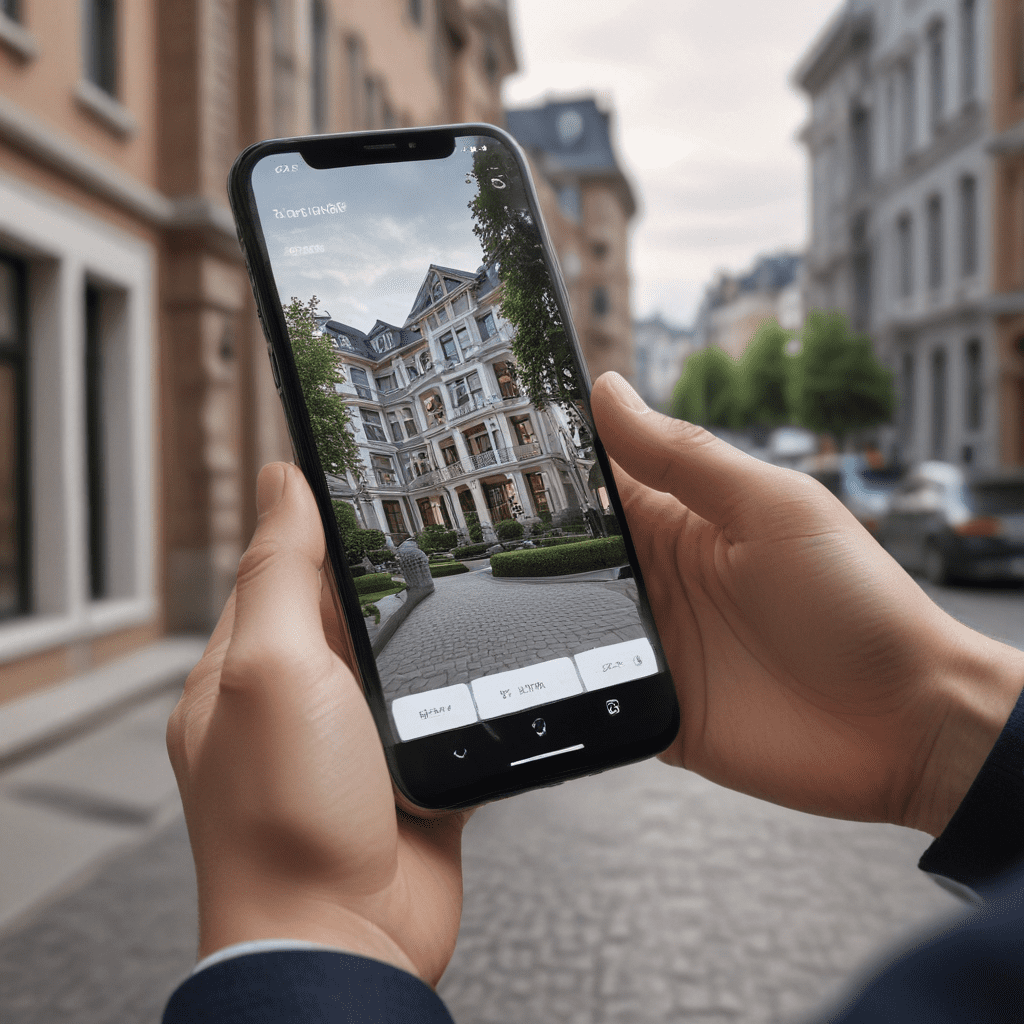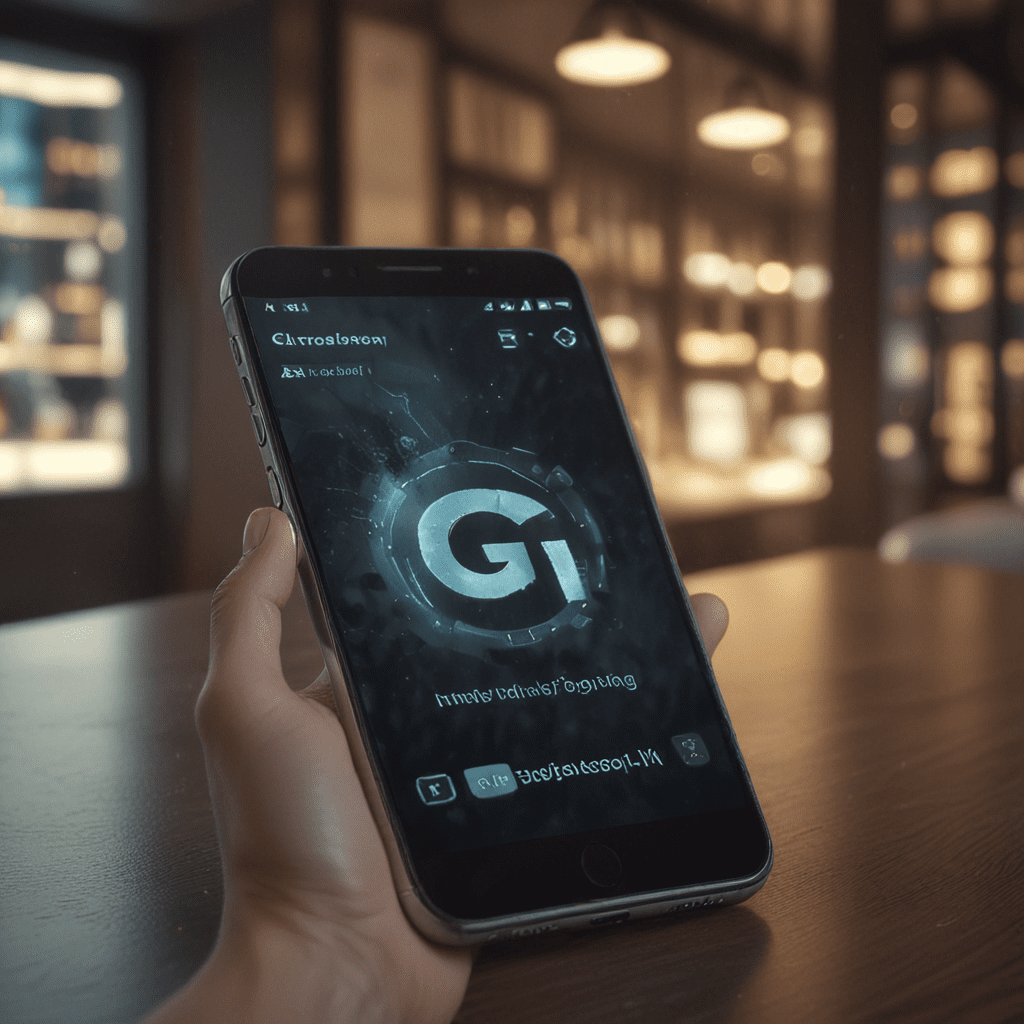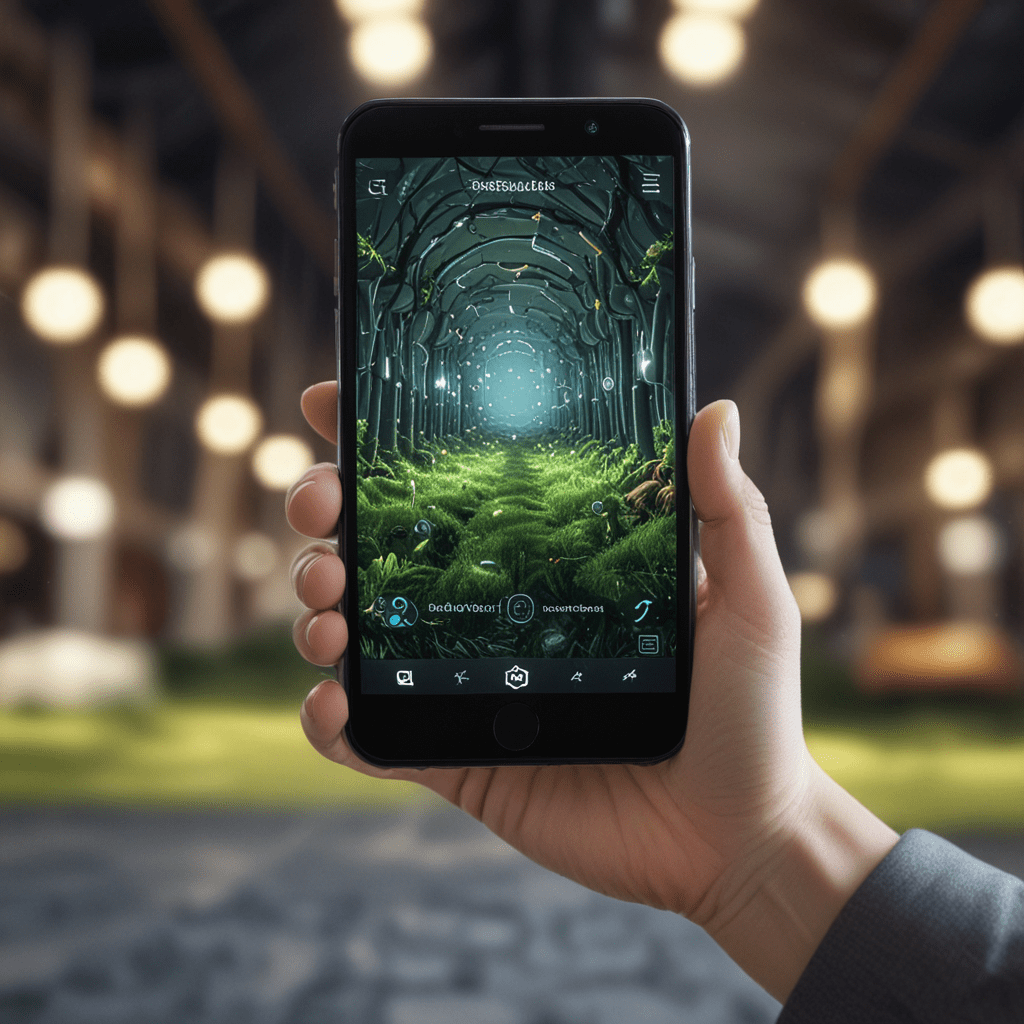Introduction
Wearable technology and mobile apps are rapidly evolving hand in hand, shaping the future of our interactions with technology and the world around us. Wearables, such as smartwatches and fitness trackers, have become increasingly popular due to their convenience, portability, and ability to monitor various aspects of our lives. The integration of these devices with mobile apps enhances their functionality, providing users with a seamless and personalized experience.
Advancements in Wearable Technologies
Recent advancements in wearable technology have led to the development of devices that are smaller, more powerful, and more sophisticated than ever before. These devices now feature advanced sensors, improved battery life, and enhanced connectivity options. They can monitor a wide range of health metrics, including heart rate, sleep quality, and activity levels, providing valuable insights into our physical well-being. Some wearables also incorporate GPS tracking, allowing users to track their location and movement patterns.
Integration with Mobile Apps
The seamless integration of wearable technology with mobile apps unlocks a world of possibilities. Mobile apps act as a hub for managing and analyzing data collected by wearables. They allow users to set goals, track progress, and receive personalized recommendations based on their activity and health data. Through mobile apps, wearables can also provide notifications, reminders, and alerts, enhancing convenience and productivity.
Enhanced Health and Fitness Tracking
The integration of wearable technology and mobile apps has revolutionized health and fitness tracking. Wearables can now monitor a wide range of health metrics, including heart rate, blood pressure, and sleep quality. This data is then synced with mobile apps, where it can be analyzed and presented in an easy-to-understand format. Users can track their progress over time, set goals, and receive personalized recommendations to improve their health and fitness.
Improved Personalization and Convenience
The combination of wearable technology and mobile apps offers a new level of personalization and convenience. Wearables can be customized to suit individual preferences, allowing users to choose from a variety of watch faces, bands, and settings. Mobile apps provide a central platform where users can manage all their wearable settings, data, and notifications, ensuring a seamless and convenient experience.
Augmented and Virtual Reality Experiences
The integration of wearable technology and mobile apps is paving the way for immersive augmented and virtual reality (AR/VR) experiences. AR devices, such as smart glasses, overlay digital information onto the real world, enhancing our perception and interaction with the environment. VR headsets, on the other hand, transport users into fully immersive virtual worlds. Wearables and mobile apps can seamlessly connect with these devices, providing users with a more interactive and engaging experience.
Data Privacy and Security Concerns
The increasing adoption and integration of wearable technology and mobile apps raise concerns about data privacy and security. Wearables collect a significant amount of personal data, including health and activity information, which raises concerns about unauthorized access, data breaches, and potential misuse. It is crucial for manufacturers and app developers to prioritize data protection measures, such as encryption, secure storage, and user consent, to ensure the safety and privacy of user information.
Applications in Healthcare and Medicine
The combination of wearable technology and mobile apps holds immense potential for advancements in healthcare and medicine. Wearables can continuously monitor vital health metrics, providing early detection of potential health issues. Mobile apps can facilitate remote patient monitoring, enabling healthcare professionals to track patient progress, provide virtual consultations, and deliver personalized treatment plans. These technologies are revolutionizing the delivery of healthcare, improving patient outcomes, and reducing costs.
Impact on Business and Productivity
Wearable technology and mobile apps are also making a significant impact on business and productivity. Wearables can streamline tasks, enhance communication, and provide real-time data insights. Mobile apps can automate workflows, facilitate collaboration, and offer remote access to information and resources. By leveraging these technologies, businesses can improve efficiency, increase productivity, and gain a competitive edge in the digital age.
Conclusion
The future of wearable technology and mobile apps is bright and full of possibilities. As these technologies continue to evolve and integrate, they will play an increasingly important role in our lives. From enhancing health and fitness to offering immersive experiences and revolutionizing industries, the combination of wearables and mobile apps is transforming the way we interact with the world around us. It is an exciting time to be a part of this technological revolution, and we can expect even more groundbreaking developments and applications in the years to come.
FAQ
Q: How can I protect my privacy when using wearable technology?
A: To protect your privacy when using wearable technology, be selective about the data you share and only connect with trusted apps and services. Regularly check privacy settings and enable strong passwords or passcodes to secure your devices.
Q: How can I use wearable technology to improve my health?
A: Wearable technology can monitor your activity levels, heart rate, and sleep patterns, providing valuable insights into your health. Use mobile apps to track your progress, set goals, and receive personalized recommendations to improve your overall well-being.
Q: How can businesses leverage wearable technology and mobile apps?
A: Businesses can leverage wearable technology and mobile apps to enhance communication, streamline tasks, and gain real-time data insights. These technologies can improve efficiency, increase productivity, and drive innovation in various industries.
Q: What is the future of wearable technology and mobile apps?
A: The future of wearable technology and mobile apps is promising, with advancements in sensors, connectivity, and artificial intelligence. Expect more immersive experiences, seamless integration, and innovative applications across various domains, including healthcare, fitness, and business.


